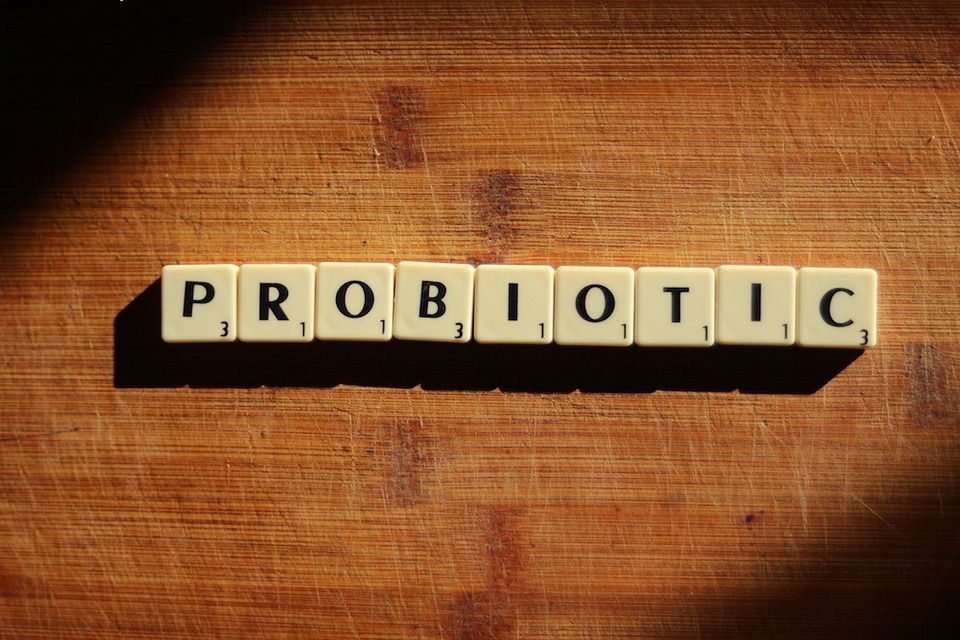You may already know that probiotics are good for your gut health, but did you know that they can also improve your mood and mental health? The gut-brain connection is a complex and fascinating topic, and in this article, we’ll explore how probiotics can boost your mood and mental health.
The Gut-Brain Connection
The gut-brain connection refers to the communication network between the gut and the brain. This connection is bidirectional, meaning that the gut can affect the brain, and the brain can affect the gut. The gut is home to trillions of microorganisms, including bacteria, viruses, and fungi, collectively known as the gut microbiome. The gut microbiome plays a vital role in the gut-brain connection.
How Probiotics Affect the Gut-Brain Connection
Probiotics can affect the gut-brain connection in several ways:
- Modulating the Immune System: Probiotics can help modulate the immune system, which can help prevent inflammation and other immune-related issues in the gut and brain.
- Producing Neurotransmitters: The gut microbiome can produce several neurotransmitters, including serotonin and dopamine, that are essential for regulating mood and behavior.
- Regulating the HPA Axis: The hypothalamic-pituitary-adrenal (HPA) axis is a complex system that regulates the body’s stress response. Probiotics can help regulate the HPA axis, which can help reduce stress and anxiety.
Probiotics and Mood
Several studies have suggested a link between probiotics and improved mood. Here’s what we know:
- Probiotics Can Improve Symptoms of Depression: Some studies have suggested that probiotics can help improve symptoms of depression.
- Probiotics Can Reduce Anxiety: Some studies have suggested that probiotics can help reduce anxiety, particularly in individuals with anxiety disorders.
- Probiotics Can Improve Cognitive Function: Some studies have suggested that probiotics can help improve cognitive function, including memory and attention.
Probiotics and Mental Health
In addition to improving mood, probiotics may also offer other mental health benefits:
- Probiotics Can Help Alleviate Symptoms of Autism: Some studies have suggested that probiotics can help alleviate symptoms of autism spectrum disorder.
- Probiotics Can Help Alleviate Symptoms of ADHD: Some studies have suggested that probiotics can help alleviate symptoms of attention-deficit/hyperactivity disorder (ADHD).
- Probiotics Can Help Alleviate Symptoms of Schizophrenia: Some studies have suggested that probiotics can help alleviate symptoms of schizophrenia.
Where to Find Probiotics
Probiotics can be found in a variety of foods and supplements. Here are some of the most common sources:
- Yogurt: Yogurt is one of the most well-known sources of probiotics. Look for brands that contain live and active cultures.
- Kefir: Kefir is a fermented milk drink that is similar to yogurt. It contains a variety of beneficial bacteria and yeasts.
- Sauerkraut: Sauerkraut is a fermented cabbage dish that is rich in probiotics. Look for unpasteurized sauerkraut to ensure that it contains live cultures.
- Kimchi: Kimchi is a spicy Korean dish that is made with fermented vegetables. It contains a variety of beneficial bacteria and can be a great source of probiotics.
- Kombucha: Kombucha is a fermented tea drink that is becoming increasingly popular. It contains a variety of beneficial bacteria and yeasts.
- Probiotic Supplements: If you’re not getting enough probiotics from your diet, you may want to consider taking a probiotic supplement. Look for one that contains a variety of strains of bacteria.
Final Thoughts
The gut-brain connection is a fascinating topic, and research has shown that probiotics can play a role in improving mood and mental health. By incorporating probiotic-rich foods into your diet or taking a probiotic supplement, you can help support a healthy gut microbiome and improve your overall health. As always, be sure to talk to your doctor before making any changes to your diet or supplement routine.






